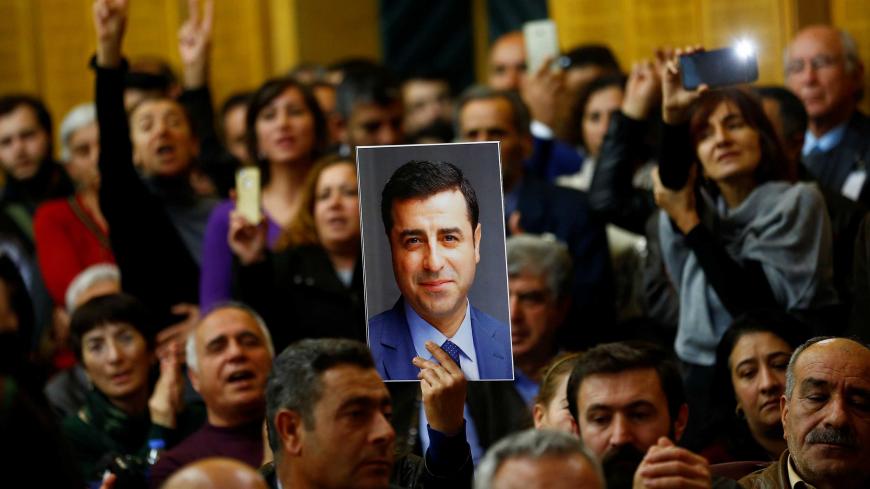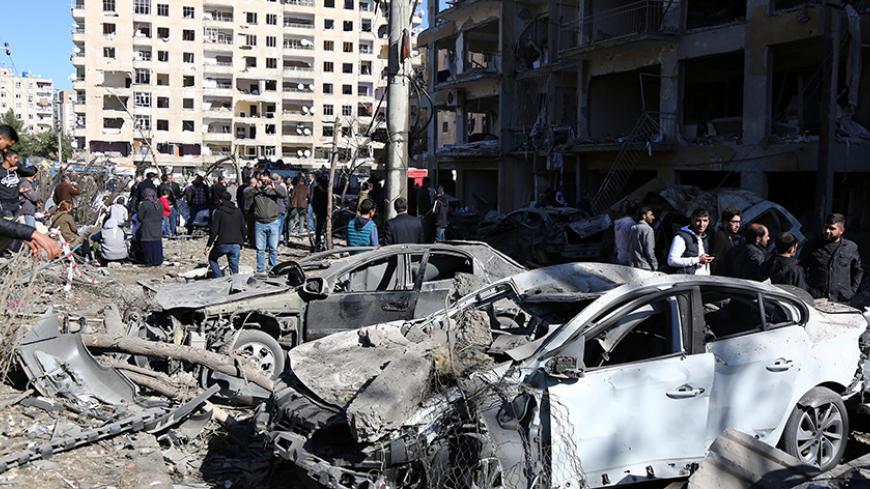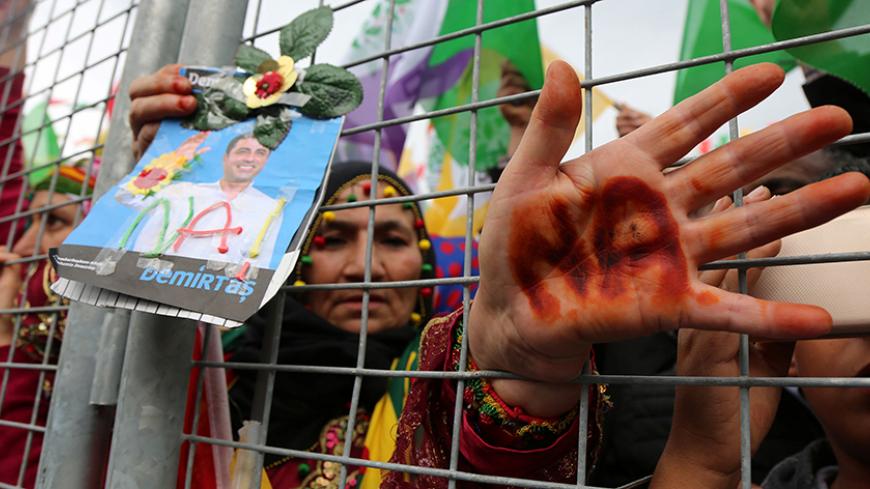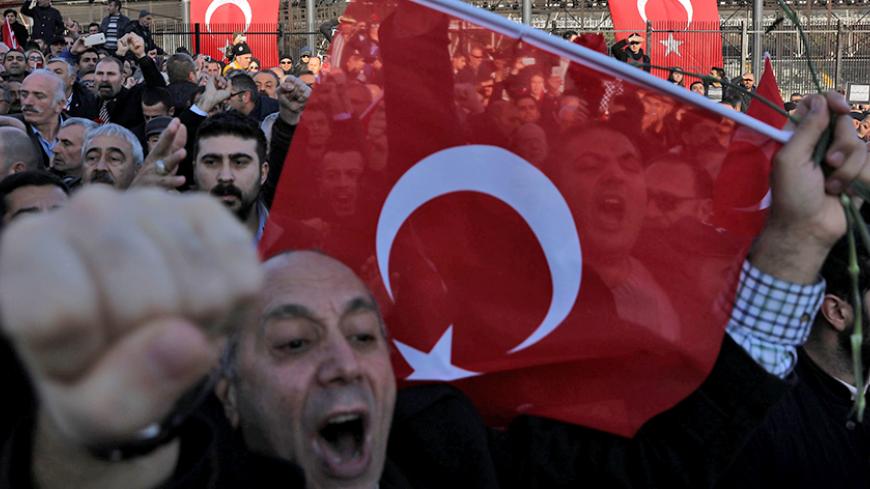Turkey moves against HDP after Istanbul attack
After the attack in Istanbul claimed by the Kurdistan Freedom Falcons, the Turkish government launched raids to detain more than 200 people, including Kurdish leaders.

At least 235 people were detained Dec. 12 in raids across Turkey over alleged ties to Kurdish militant groups, as Turkish leaders vowed to avenge the deaths of some 44 people killed in twin explosions that rocked the heart of Istanbul Dec. 10.
Interior Minister Suleyman Soylu said those responsible for the blasts, claimed by the Kurdistan Freedom Falcons (TAK), the urban terror offshoot of the outlawed Kurdistan Workers Party (PKK), would be “wiped from this geography.” Turkish warplanes bombed PKK targets in Kurdish-controlled northern Iraq, as is customary after Kurdish-linked attacks.







